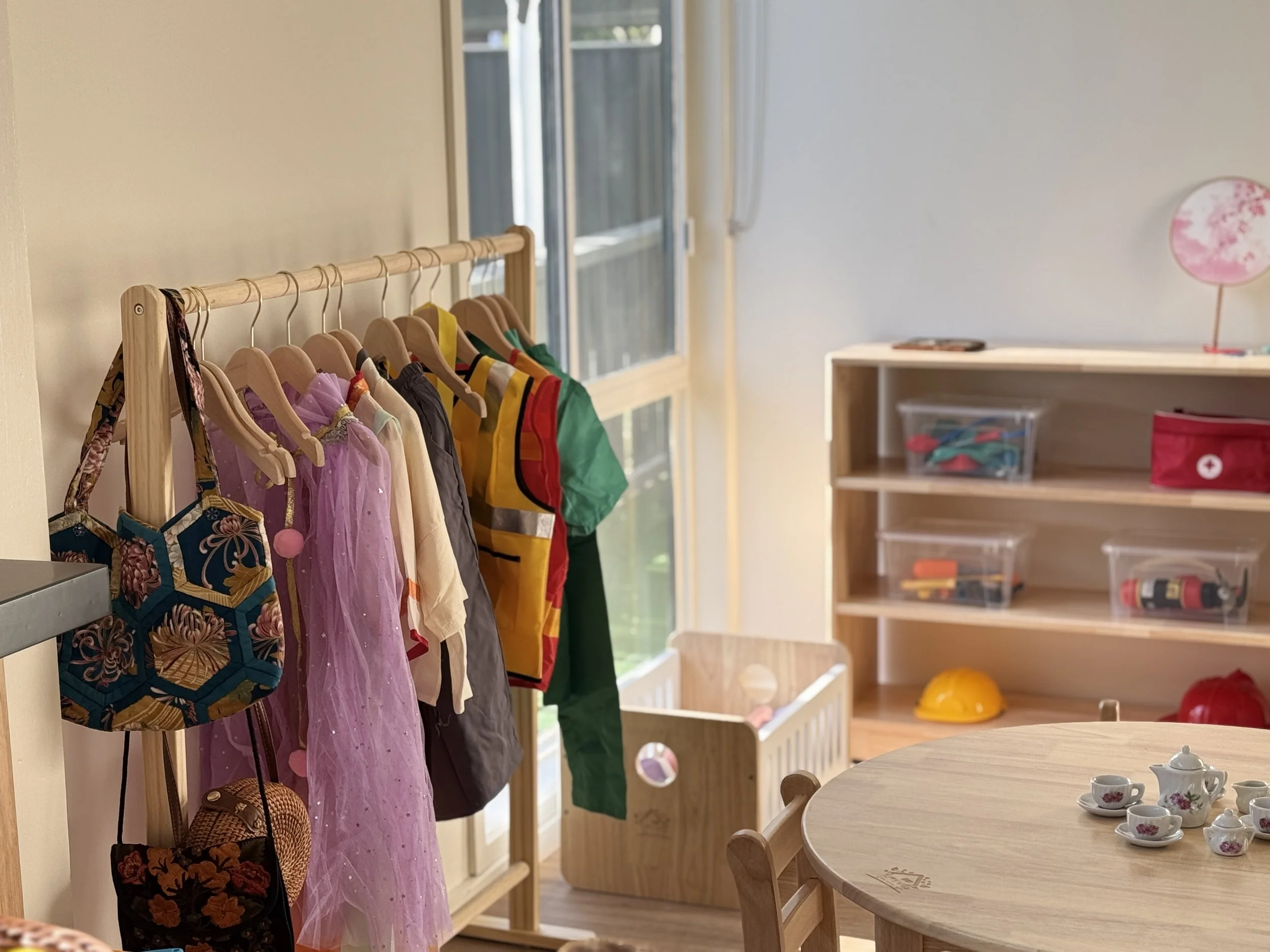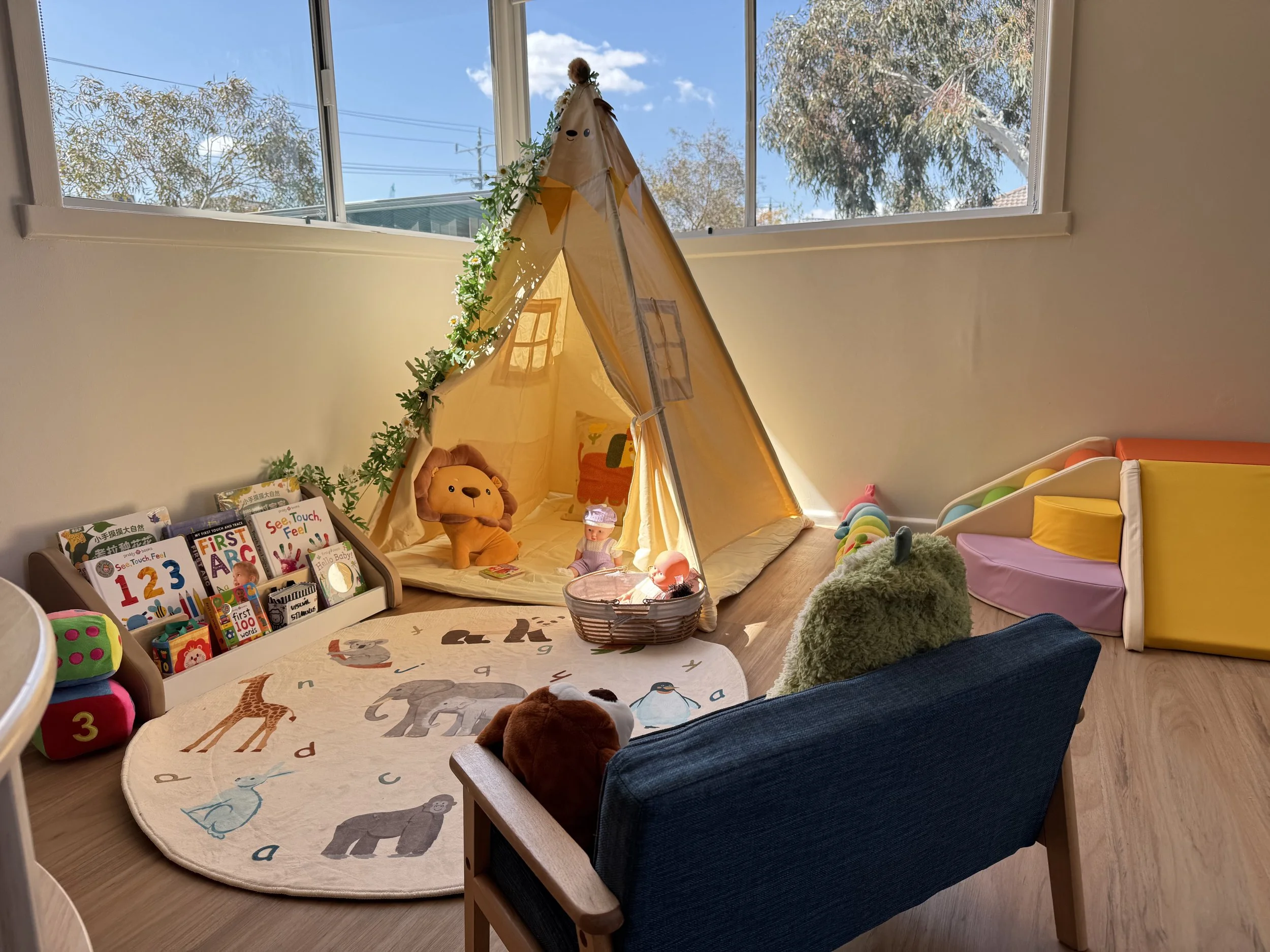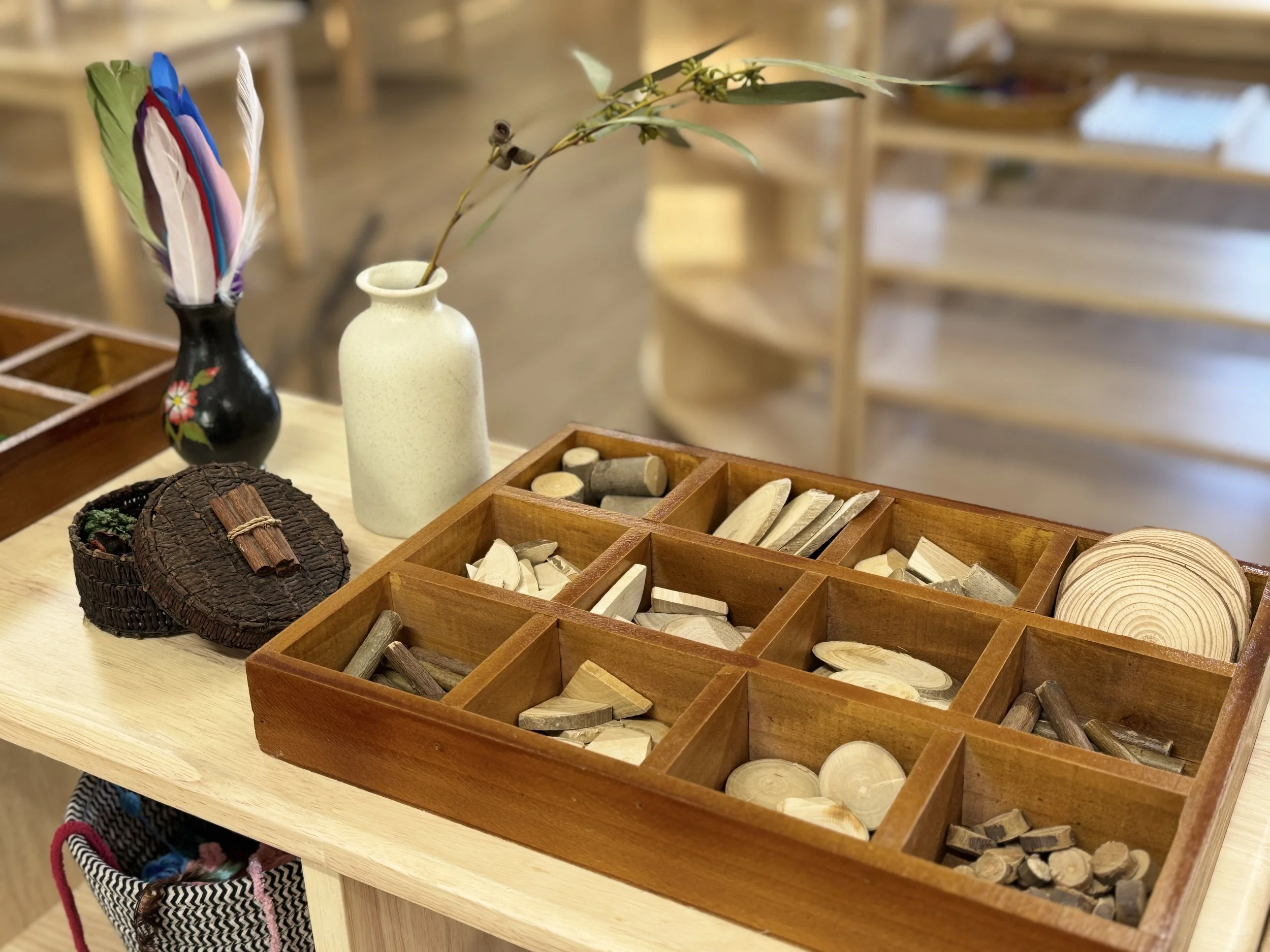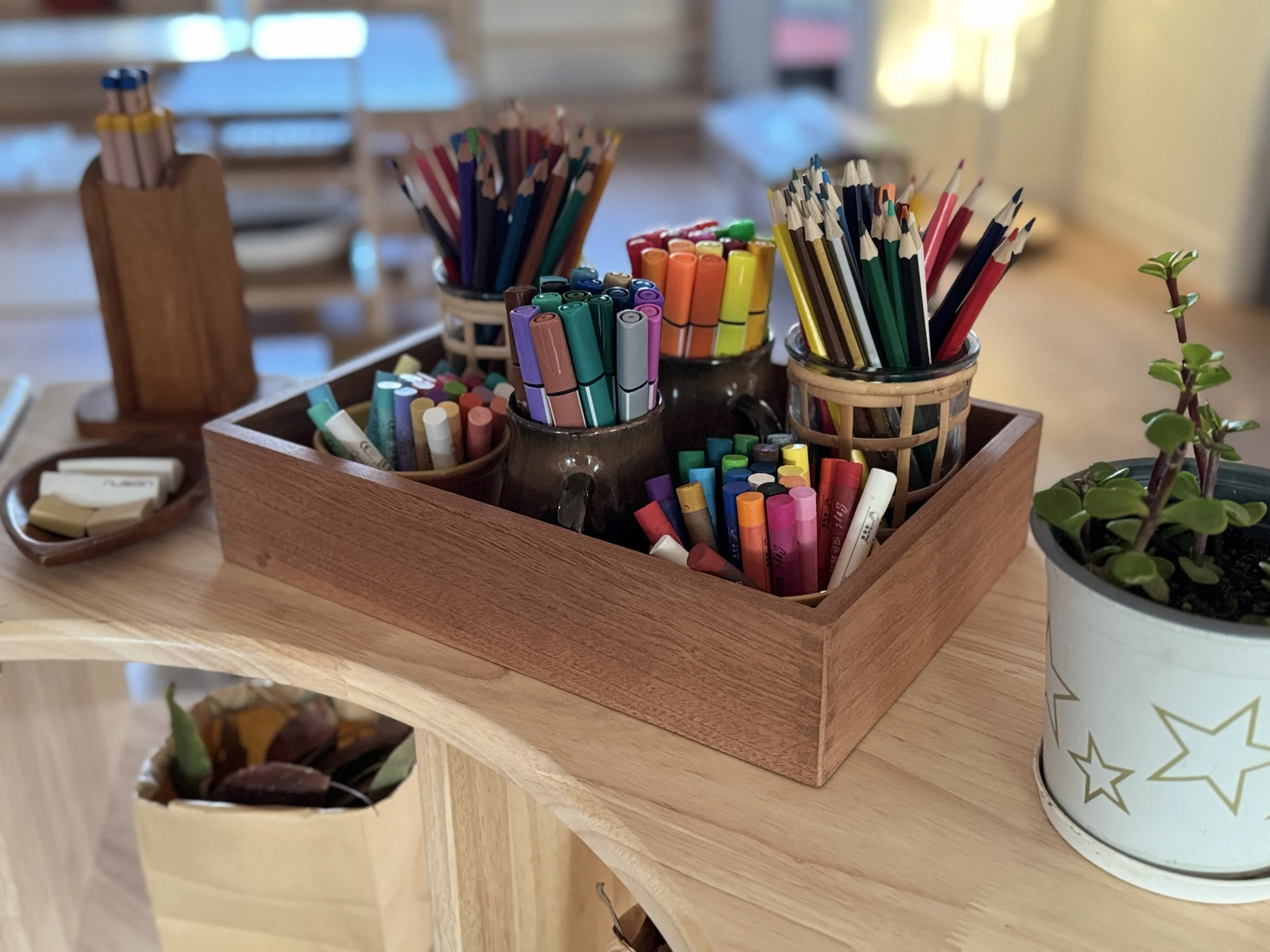
Child-Centered Learning with Reggio Emilia Approach
At Joy Villa, our philosophy is inspired by the Reggio Emilia approach, which recognises children as capable, competent, and active participants in their own learning. This child-centred philosophy places great value on curiosity, creativity, and collaboration, empowering children to explore, question, and make meaning of the world around them. We believe that every child brings with them a wealth of knowledge, ideas, and potential. Through the Reggio Emilia, learning is viewed as a journey of discovery, guided by the child’s interests and enriched through relationships with educators, peers, families, and the environment.
“The child is rich in potential, strong, powerful, competent and connected to adults and other children.”
-Loris Malaguzzi, Founder of the Reggio Emilia Approach
Project Based Learning
At Joy Villa, we foster a child-centred, inquiry-based curriculum where learning emerges through long-term, project-based investigations driven by the interests and questions of the children themselves. Our educators serve as co-learners and researchers, observing closely, listening deeply, and providing thoughtful provocations that extend thinking and inspire new exploration.
Inspiring Environment
We view the environment as the "third teacher"—a thoughtfully designed, engaging space that encourages exploration, independence, and collaboration. Natural materials, loose parts, mirrors, light, and open spaces create opportunities for sensory engagement, problem-solving, and self-expression.
The Hundred Languages of Children
This is the central to our approach. Children have many ways to express themselves through art, movement, storytelling, construction, and play. These expressions are valued as powerful tools for communication and meaning-making.
Reciprocal Relationship
We place strong emphasis on building trust, respectful and reciprocal relationships with children to foster children a sense of belonging and engagement. we will work in close partnership with families and the community to honour each child's voice and support their holistic growth as confident, creative, and connected learners.
Documentation
We capture children's voices, artworks, and progress through photos, learning stories, and displays that celebrate their thinking and promote reflection.
Get in touch with us today
We’d love to hear from you and welcome you to our learning community.





